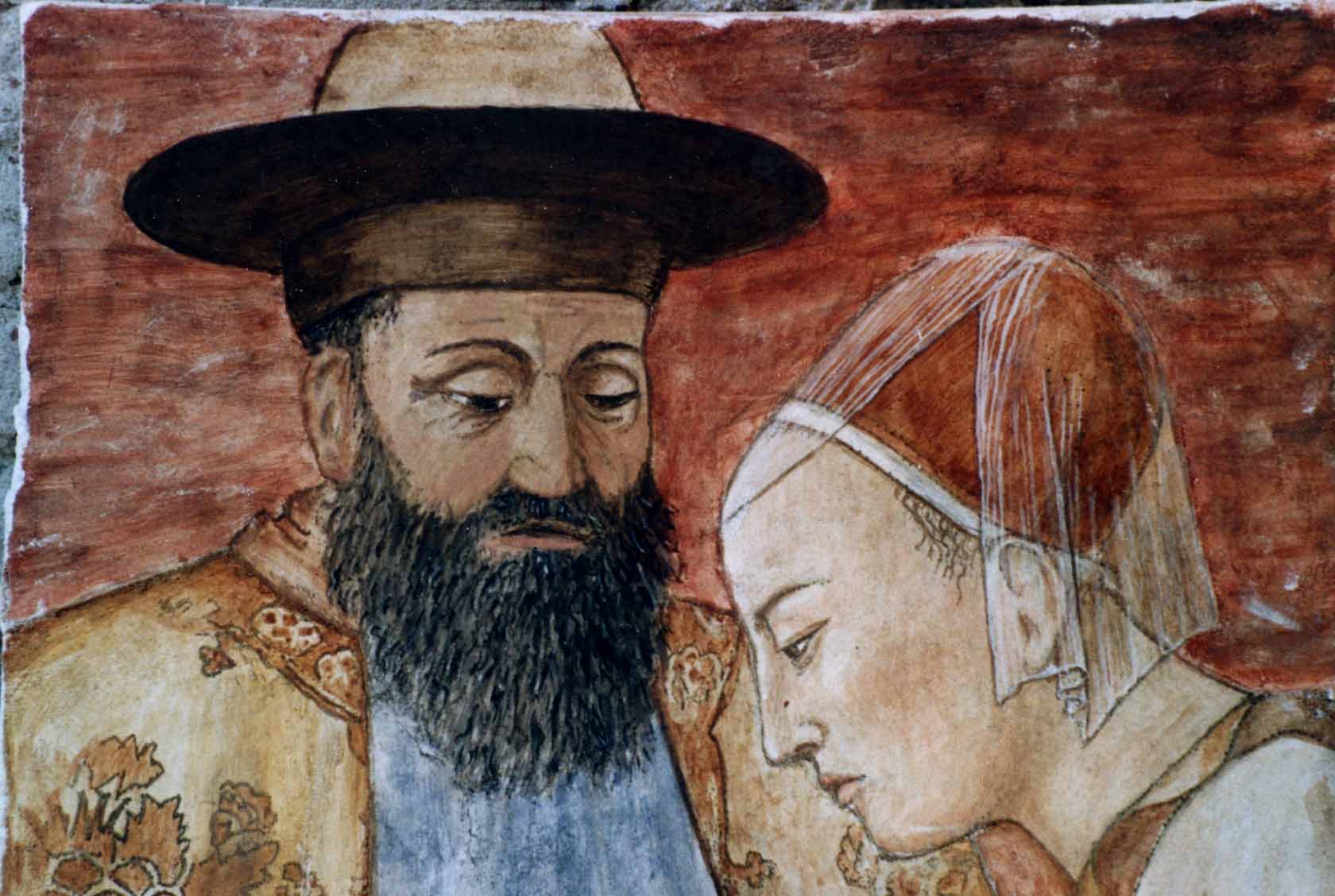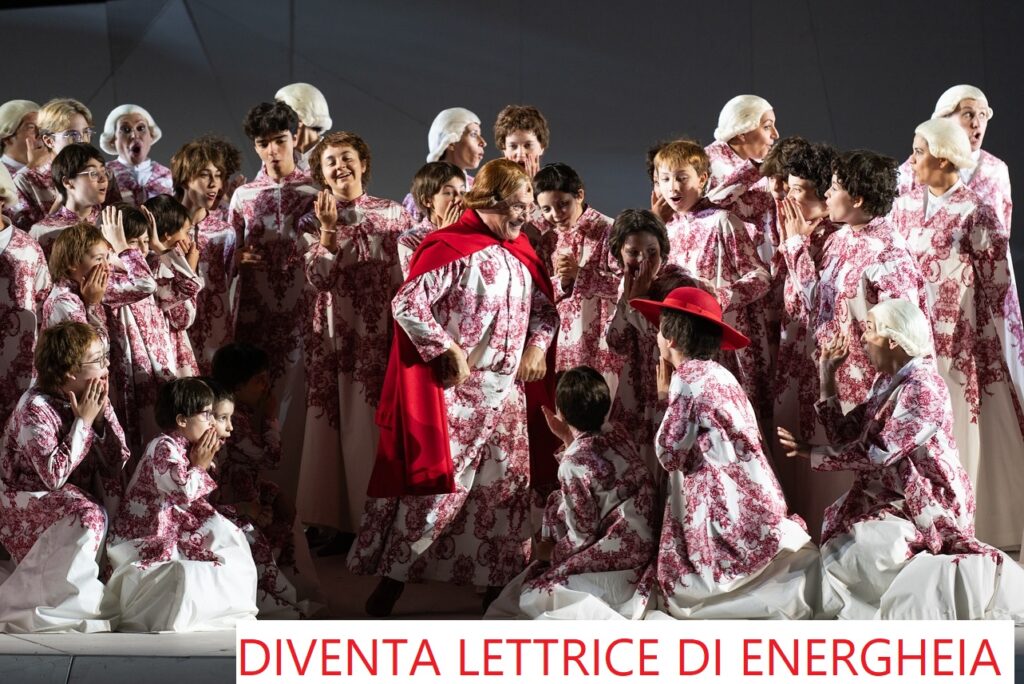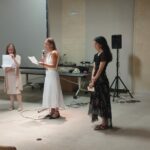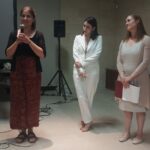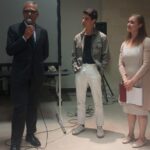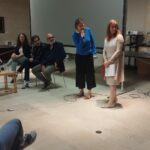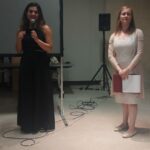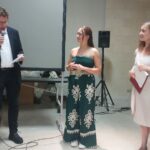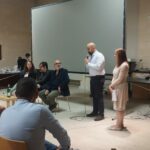At Both Ends, Shell Hakim_Be’eri
Mention Energheia Israel Award 2022
Ya’akov scratched his back, underneath the spot where the flesh of his side folds over his hinds. He yelled, and spread his hands high, pointing at the passersby. He offered his hands like a mendicant in a petition for charity or as though asking “Where is the train station?”. He called and hollered in the street where he stood and raised a one-man ruckus. Around him, streamed the flock, a swarm of hair and textile, people of all hues, but not like in a Roman amphitheater – more like the waters of the Tiber – they flowed. Ya’akov imagined gallant horses with high and gleaming breasts clearing their way through the street, to the awe of the crowd.
All this commotion, inside him and out, didn’t leave a mark on Ya’akov, who was very loyal
– surely, he turns off his watch and gets up every morning at 5:55, to pray and then stand here and yell for the whole day’s duration.
“Tefillin, bro?” he asks the attention of passing men, without courtship, without pleading.
Only the slightest tedium, perhaps due to umbrage, but probably due to afternoon fatigue, sometimes sneaks up behind his words and stands there like a tribesman behind a mask.
While waiting for the train, or puffing on his inhaler, or separating a scuffle between his boys (those wrangling lions), Ya’akov knew in his heart an axiom of which few share nowadays. Like the kingfisher knows how to strike with his body like an arrow through the water, this fact was engraved in his heart – as his grandfather told him – there is no fear but the fear of Heaven. And when he walked, in Tishrei, in his words “head-on” into the wellspring, and his face paled like whipped eggs when he washed it nonstop in the freezing water and he wept like one weeps when one sees the sky ripped in half – there he knew he had no more doubts and never will.
As he walked back home, looking at the pedestrians with the caring eyes of a father and wanting so much to shout his devotion at them, to spread his arms like wings, for one wing to touch the southern end of the train car and the other the northern one so the public can roost and rest, and the Heavens would rest as well.
Indeed, Ya’akov could not spread his arms so wide, and his failing lungs wouldn’t allow him to shout loud enough, so he spread the book of Psalms before him. As he read the words, his heart filled with a solemn joy, the type evoked by a childhood memory filled with white daisies that echoes from the depths of oblivion for just a minute on a sunny day. While studying the book, he wondered again (as he does every day) at the ability of these most special words, sown in furrows on the page, to refill themselves anew like the miraculous jug of oil. A word’s nature, like every mumbling infant knows, is to deplete and deteriorate with every iteration until bone-dry like the carcass of a housefly. But not these words, lush and nourishing since time immemorial.
In the evening he got home and hugged his wife and she, in a businesswoman’s fashion hugged him back. He showered, she cooked, and hurriedly, they’d slept until the watch rang 5:55 once more. When he got to his post by the rail tracks, the sun’s rays were touching the tops of trees and hotels (but not the pavements and streetlamps). Baruch, his aging partner, already sat in his chair and slept with his face buried in his white beard. Ya’akov, who was a young man, howled a “Good morning!” that shook the starlings in the cypresses and Baruch, who didn’t even flinch, waved hello with a dreamer’s mumble. All through the day, that resembled yesterday, Ya’akov was hard at work, calling to the street that answered, mostly, with lowered eyes. Every pair of lowered eyes raised Ya’akov’s chest by a millimeter and his voice by a decibel. Ya’akov knew that inside, these people were troubled by many fears, and so they lowered their gaze.
Their heads were busy with the economy of faraway nations, the opinions of friends and enemies, insurance policies, employment contracts, bank transfers. But greater than all these was Ya’akov’s fear, a fear so great it can be called awe, so he gently forgave the blindness of the hordes.
At 11:30, Ya’akov strolled the boulevard to find sustenance to soothe his raw throat. As he walked, his stomach grumbled at the sight of the filthy poor woman sitting on the corner begging passersby, just like he does every day. She, unlike him, does not use her voice to shout or her body to gesticulate, but sits in what little she has with her head between her knees, weakly holding up a plastic cup. Intermittently, she shook the cup slightly to sound the jingle of the coins. Like with Ya’akov, passersby mostly hollowed their gazes as they passed her and planted them even deeper in the pavement she sat on.
His heart went out to help the woman and soon he gave her about a quarter of the money he carried for lunch. Right away, the woman looked up at him with a scowl. The woman stared him in the eye, prompting him to plant his heel behind him. “More!” yelled the woman in a voice that could penetrate bone marrow, a voice Ya’akov could only dream of having. “More!” implored the woman with eyes aflame. Ya’akov looked at the woman, at his hand, then at the cup, and planted a few shekels extra. This of course satisfied the woman naught.
“Give me more!” she begged, “more!”
“But I gave you more than half my lunch money!” Ya’akov complained.
“I am begging you! I am a mother! Have mercy! Mercy!” pleaded the woman with a saturated voice, “Justice! Do me justice! I am scared! I am a mother!”
Ya’akov stopped her and asked, “And what will you do with all this money, where are you trying to get to?” and his voice shook with hardly conquered anger. Right away, the woman frowned, this time for real, and her hunched body started stirring as if aiming to get up.
“To the Marina in Herzliya to eat shrimps! It’s none of your Goddamn business, you nasty man!”. Insulted, he carried his feet away from there, and as he walked the woman kept yelling after him, “I’m sick of this shitty city! I’m sick of shits like you!”
In his home, after folding the plastic tablecloth from over the dinner table and hurriedly shoving it in the garbage bin, he encountered his young boy Yosef, about 10 years old, standing in the hallway, obstructing his passage.
“Yes, Yossi, why are you not in your room?” his son held up a clipping from the
“Ha’Modia” daily newspaper, printed in Jerusalem.
“I brought this from school,” his son said. The clipping contained a pocket-sized article titled, ”From Williamsburg to Hi-Tech: The Amazing Story of Rabbi Chaim Neumann”. The subtitle read, ”All is possible when you combine faith with labor”.
Promptly, Ya’akov’s eyes were engulfed in rage.
“Yosef, I am not having this conversation with you again!” he yelled and urged his son back into his room. “But why dad?” cried the child.
“Yosef Shneor, this is not even a question!” his father hurled back, pointing his finger.
The child subdued a tear and answered in a weak voice.“Oh, Aba,” he breathed in, “What are you so afraid of?”
When he went to sleep, the anger still throbbed in his fingertips and he slept a scattered sleep. Before daybreak, he preceded the watch’s din and dressed quicker than any other day. That day, he didn’t get to his post behind the table to wake Baruch at the regular hour but raced to the end of the street to a house surrounded by wild weeds to see his mentor, the Righteous Rabbi Hananiah Shaulzon, to seek advice. When he entered the nearsighted and short-tempered Rabbi’s little room, he approached him with nearly welling eyes. “Respected Rabbi,” he said “I dreamed the most horrible dream! I woke up in sweat and knew I had to walk here right away, before the city wakes!”
The Rabbi hung his blue, bloodshot gaze at him and with a weariness reserved for the elderly he asked, “And what did you see, my friend?”
“In the dream, oh it was bad, the people of Jerusalem all left their doorsteps one night, and the streetlamps were burning trees like huge torches, and the people all came out one by one and they all had, even the children, they were holding saws!”
The Rabbi raised his white eyebrows, folding his freckled brow.
“And then it happened, Righteous Rabbi, the people all began sawing away the mountaintop upon which Jerusalem sits and sent it floating in the Mediterranean sea…”
The Rabbi burst into a peal voiceless of laughter, a gentle squeeze of the lungs. “Oy, oy oy,” the Rabbi began, “Ya’akov, Ya’akov… worry not at all, for your hands are speckless, you are providing the Lord with an irreplaceable service. You take the poor and ignorant under your wings like no one else! In this most important of cities all the more!.”
Ya’akov let his shoulders drop and exhaled deeply.
“I was so afraid, oh Rabbi, but… if this isn’t an evil omen, then…”
The Rabbi stopped him right away and carried on. “The dream’s interpretation, Ya’akov, is Jerusalem will be safe under your guard, you are the protector of its walls and you besiege it like an island of the sea, from those who wish to do it harm.”
With great delight, Ya’akov nearly hopped out of his chair and skipped to his workplace in the street.
“Thank you so much Rabbi!… Oh, one more thing, a question that now seems so minuscule…”
He took last night’s paper clipping from his coat pocket to show the Rabbi, who hunched forward like a turtle.
“This is from my boy, Yosef, he gave this to me yesterday…”
“To our glory!” the Rabbi celebrated, seeing the article. “To our greatest glory!”
He sent in the next gentleman in line.
Ya’akov proceeded to the street, through a narrow cobblestone path, by way of winding steps between red roofs, under electric wires that hung like vines of wine, through the little square with the well of which, so they say, the great Cohen Matityahu the Hasmonean once drank. He passed by the city’s stray cats, the clinic, the bus stop, the beggar woman, and was now close to his destination – the sleeping Baruch in his Keter chair and the resting charity box on the folding table. But, when he got there, neither Baruch nor the box awaited in their slumber, but a thing for which Ya’akov, trying later to recall, would not find words to describe.
It was a thing resembling an iceberg, white all over, glistening like plastic, and smooth on all sides. It was about as tall as Ya’akov himself, and was planted steady in the pavement that appeared to have been sawed and broken to erect it there.
When he approached the Thing, Ya’akov noticed that beyond its unbearable smoothness (that now reminded him of a devilish fish) it had on its head, about the same height as Ya’akov eye, a little black eye of its own – an indented circle smaller than a shekel and a horizontal slot in its navel. Ya’akov studied the strange object from all sides, circling it like a cheetah on the prowl, and seeing that it actually looked like an oversized, porcelain-covered gear shifter or upright remote control. When he gathered the courage to approach the plastic creature’s eye, it spoke to him “Hello, tsadik!” it said, and its voice sounded like Ya’akov’s. “For tefillin, place your hand here” and on its white skin flashed a red hand symbol, right under its eye. With fear, Ya’akov placed his hand, and sweat formed on his nose. Straightaway, the glowing hand turned green and a flap loosened, a square with rounded corners pulled out on its own to reveal a drawer padded with purple velvet, inside of which lay the tefillin.
Ya’akov, startled, stepped back quickly and with his back met a woman carrying a stroller, who swore at him lightly. A second survey, with sharpness invested in him by fear, revealed the letters emblazoned on the machine “Mitzvah-o-Mat” underneath which roared the same Jerusalemite lion that roars on the aluminum benches and light-rail signs.

